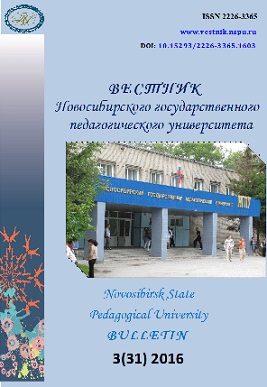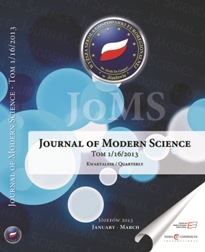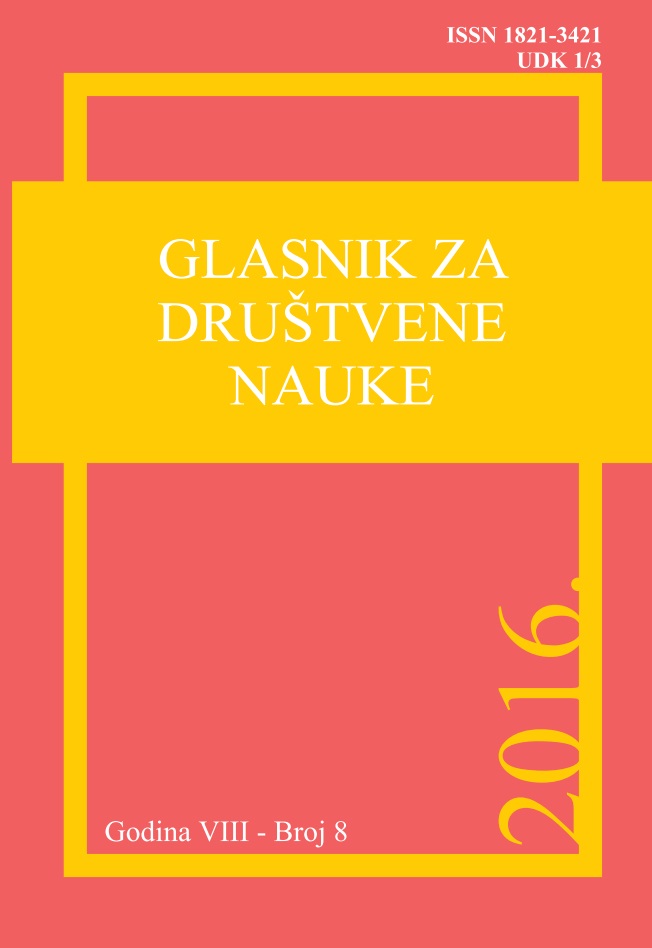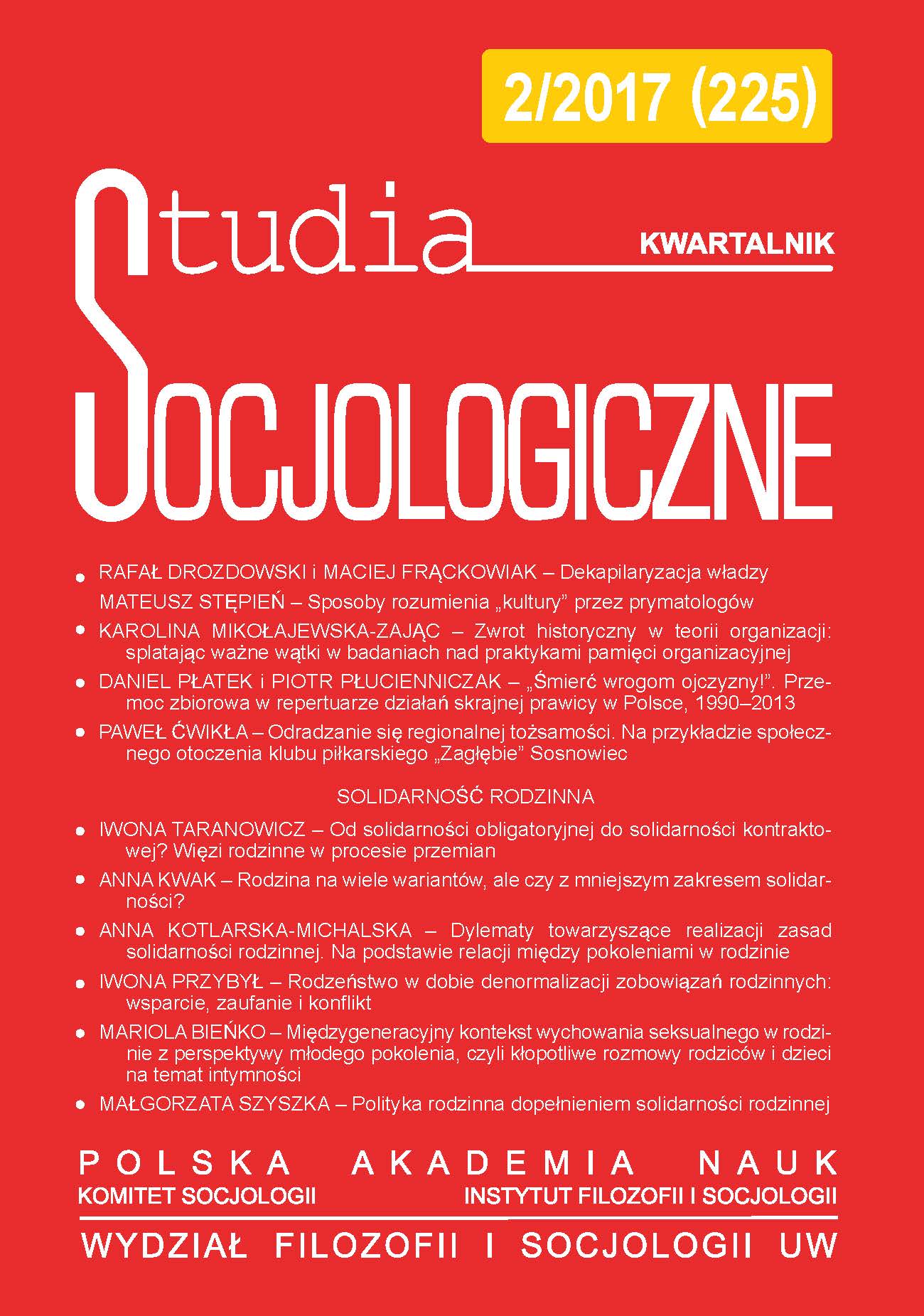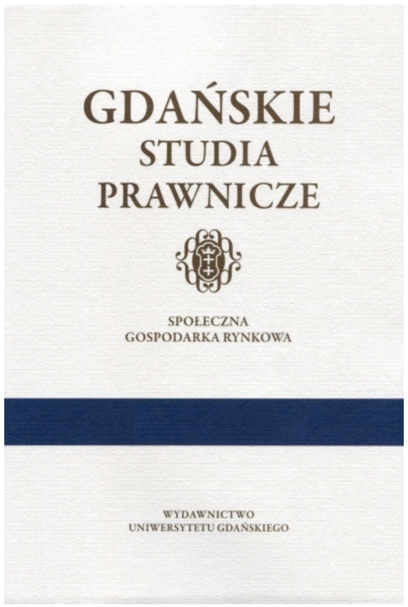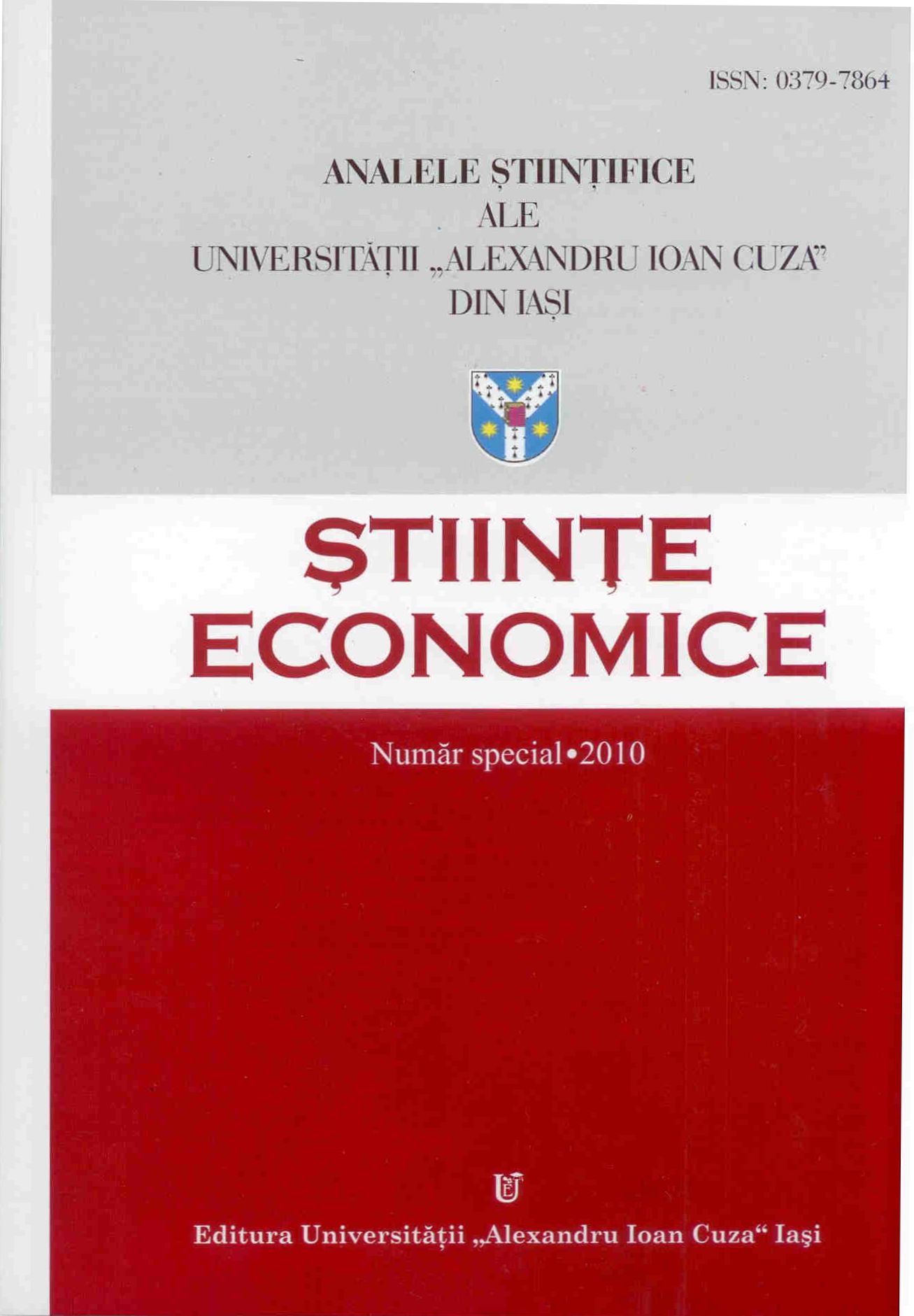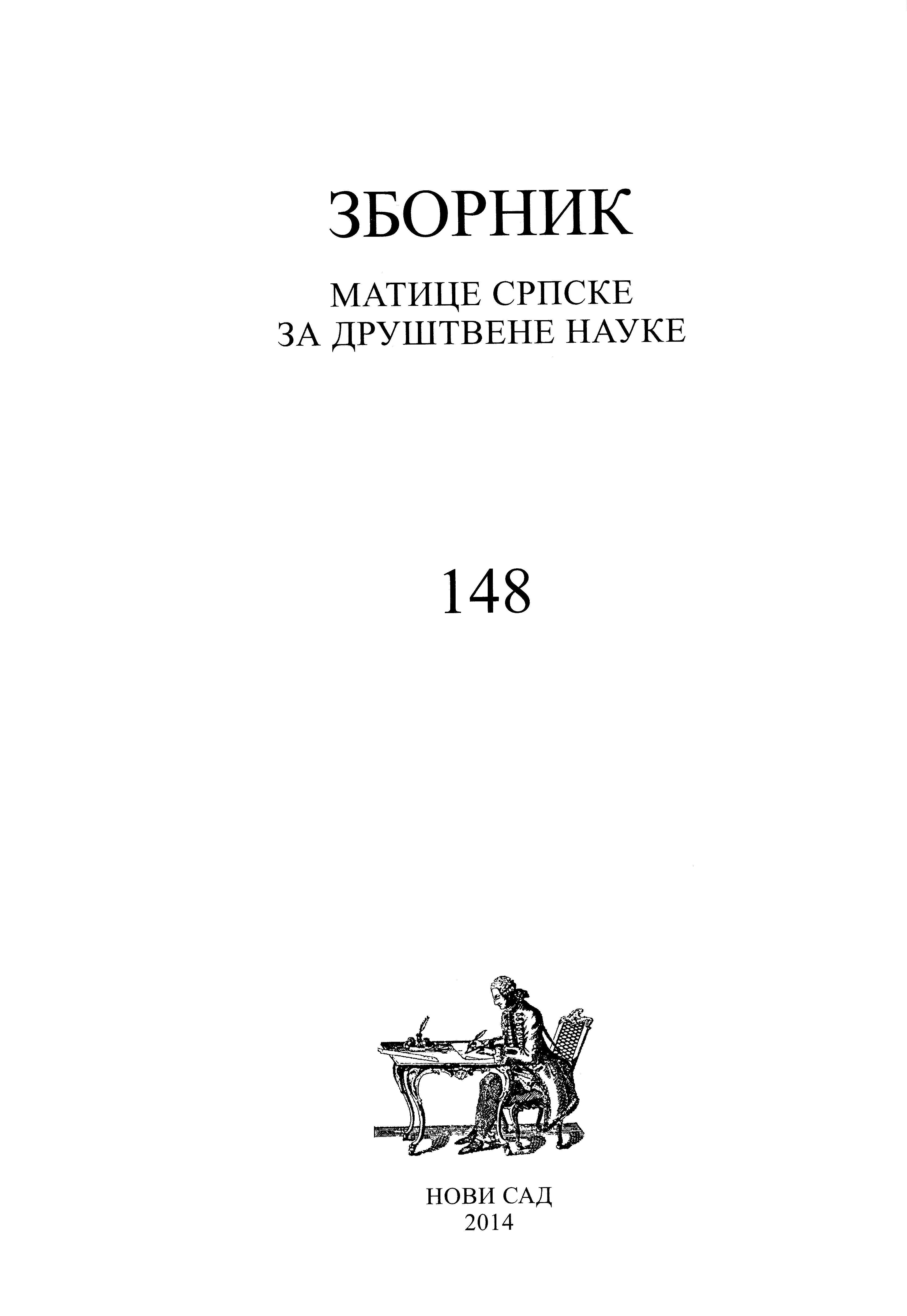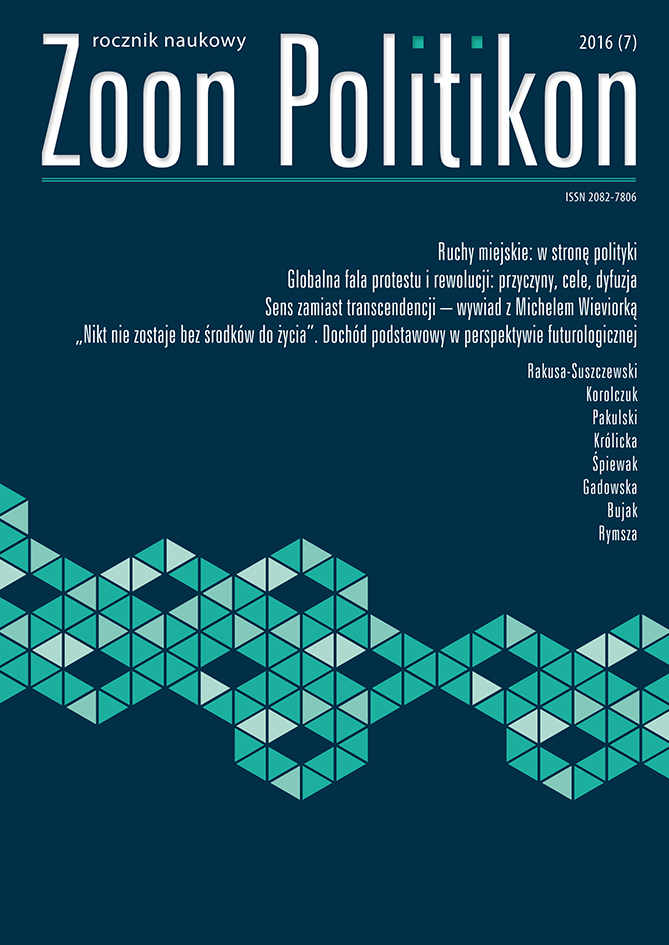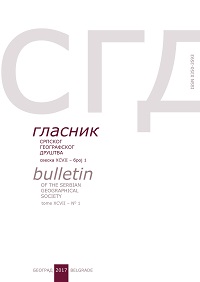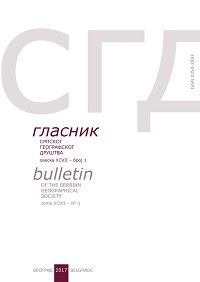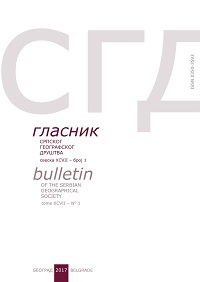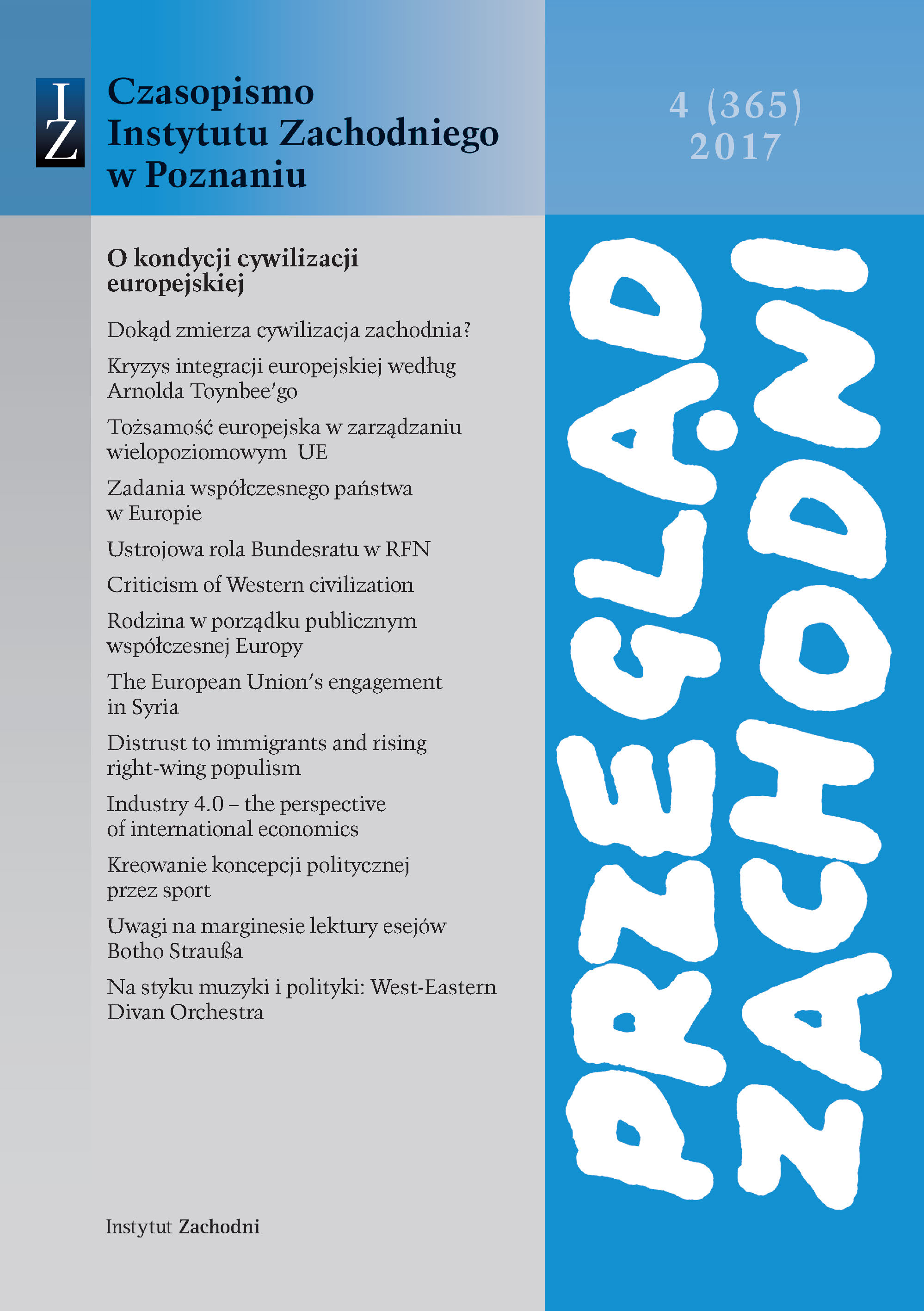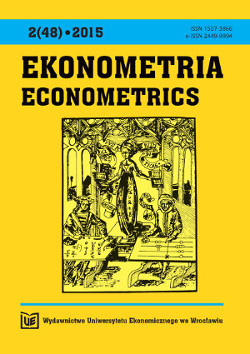
Symulacyjna analiza wpływu liczby i rozmieszczenia luk niesystematycznych na dokładność prognoz
In this paper there was conducted a statistical analysis of the impact of the distribution of unsystematic gaps on the accouracy of inter- and extrapolative forecasts in the seasonal time series. In the analysis, as variable, there was used the average period of stay of tourists in accommodation establishments in the West Pomeranian Voivodeship in the years 2008-2013. In calculations there were used simulation methods to generate ten thousand sets of gaps for the three variants, differed in the number of gaps. For all the set and variants of gaps, there were estimated time series models with exponential trend and relatively-fixed seasonality. In the next step there were built inter- and extrapolative forecasts and calculated their relative errors (MAPE). In the analysis there were used R program and Statistica 10.
More...

